Cruise line faces backlash over shooting of polar bear
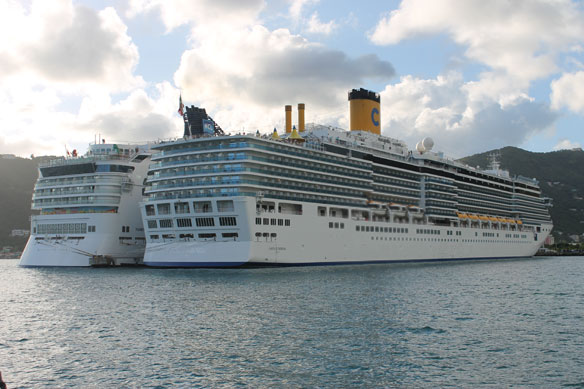
A German cruise line is facing outrage after one of its employees shot and killed a wild polar bear in Norway after the animal attacked another of its employees.
Hong Kong land reclamation explained: the good, bad and ugly methods of pushing back the sea

About 6 per cent of city is reclaimed land, and while extending the shoreline of a land-starved society seems ever more attractive, critics say it would not solve housing issues. At the same time, conservation groups such as WWF and Greenpeace say reclamation is environmentally catastrophic.
First mapping of global marine wilderness shows just how little remains
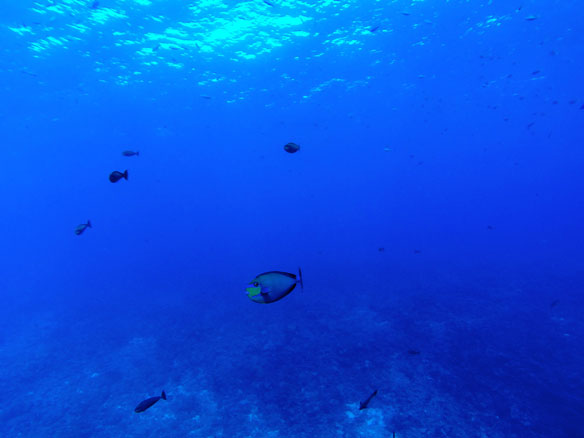
Researchers reporting in the journal Current Biology on July 26 have completed the first systematic analysis of marine wilderness around the world. And what they found is not encouraging; only a small fraction of the world’s ocean can still be classified as wilderness. In coastal regions, there is almost no marine wilderness left at all.
Earth’s resources consumed in ever greater destructive volumes

Humanity is devouring our planet’s resources in increasingly destructive volumes. As a result, the Earth Overshoot Day – which marks the point at which consumption exceeds the capacity of nature to regenerate – has moved forward two days to 1 August, the earliest date ever recorded.
Acidic oceans cause fish to lose their sense of smell
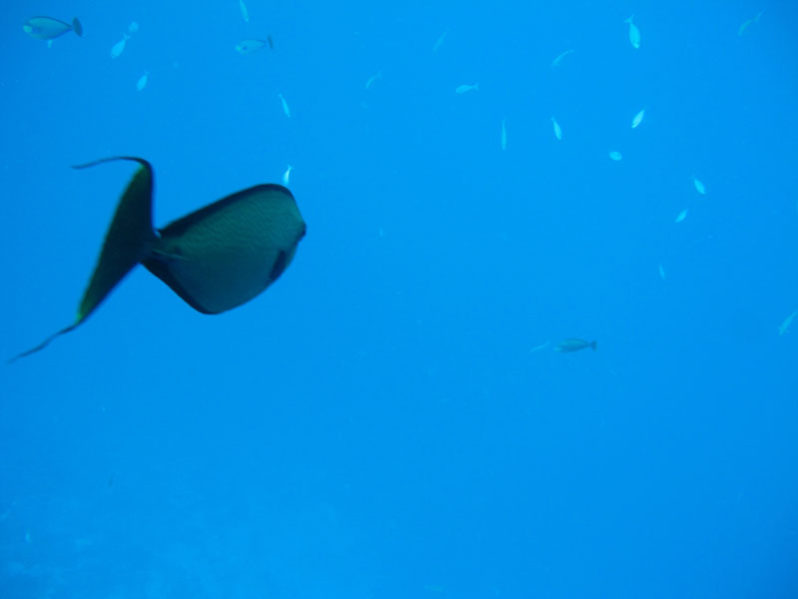
Fish are losing their sense of smell because of increasingly acidic oceans caused by rising levels of carbon dioxide (CO2) in the atmosphere, new research shows.
Global Study of World’s Beaches Shows Threat to Protected Areas
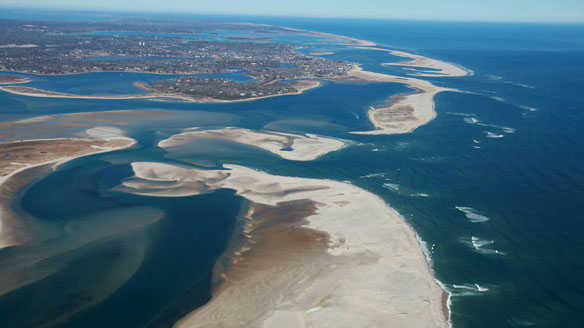
A first-of-its-kind survey of the world’s sandy shorelines with satellite data found that they have increased slightly on a global scale over the past three decades but decreased in protected marine areas, where many beaches are eroding.
Forests and Marine Resources Continue to Shrink
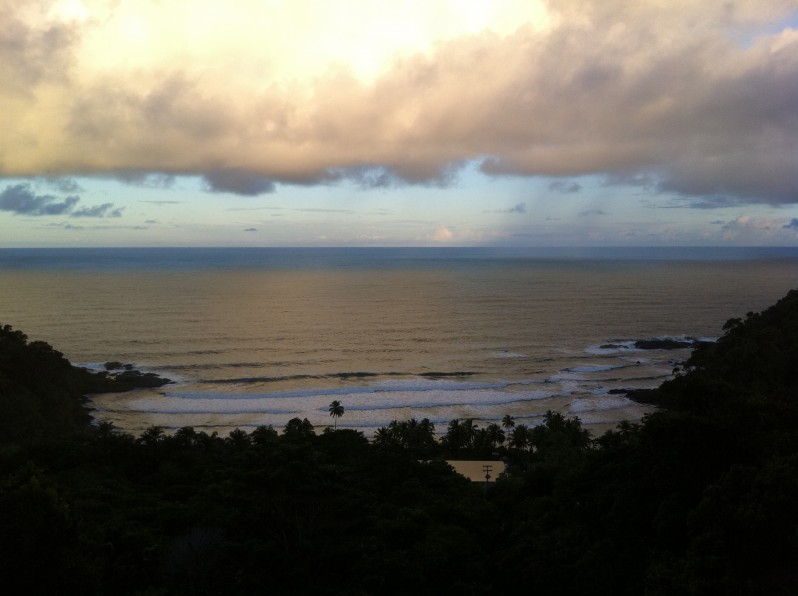
Deforestation and unsustainable farming are depriving the planet of forests, while destructive practices in fishing are limiting the chance to sustainably manage our oceans.
Why is Hawaii banning oxybenzone and octinoxate from sunscreens?
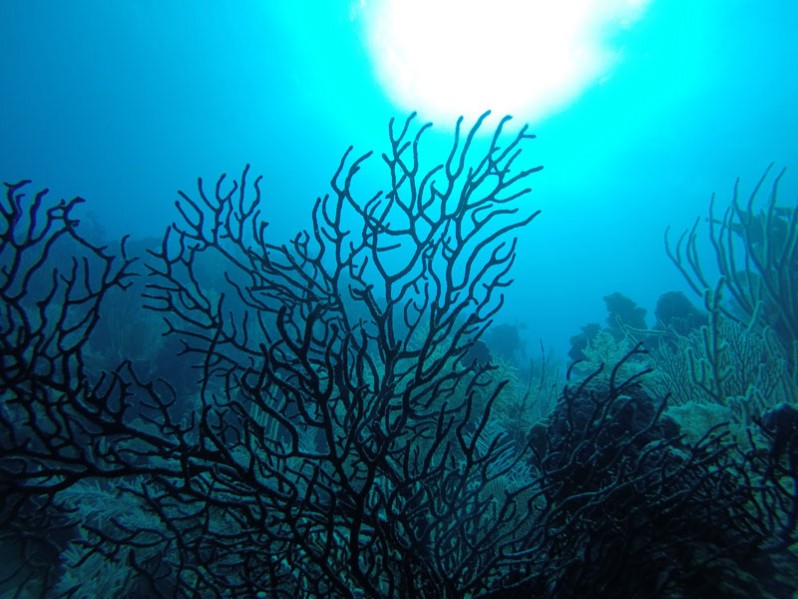
The two ingredients help protect skin from UV rays, but researchers have found that they also cause bleaching, deformities, DNA damage and ultimately death in coral when sunscreen washes off beachgoers or is discharged into wastewater treatment plants and deposited into bodies of water.
Ocean Conservation Is an Untapped Strategy for Fighting Climate Change
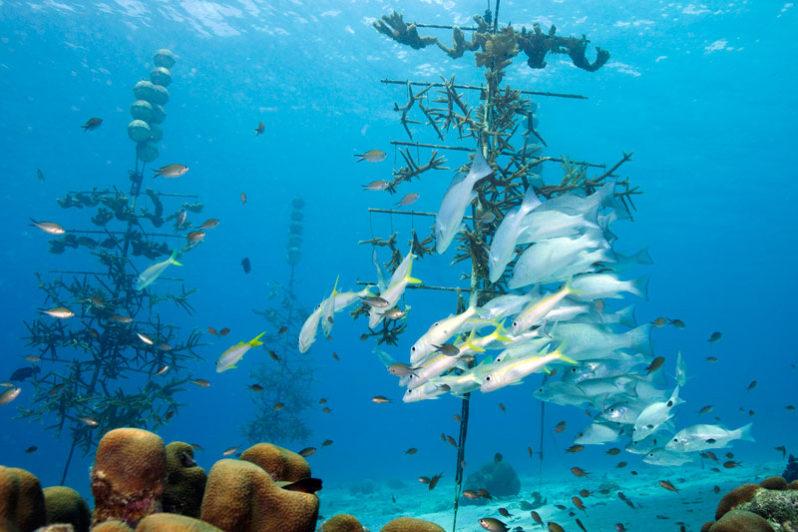
The ocean contributes $1.5 trillion annually to the global economy and assures the livelihood of 10-12 percent of the world’s population. But there’s another reason to protect marine ecosystems—they’re crucial for curbing climate change.
